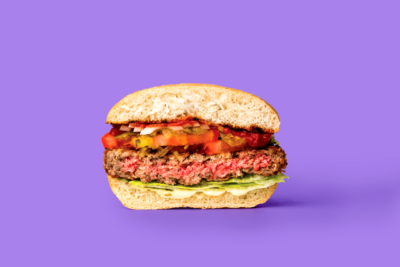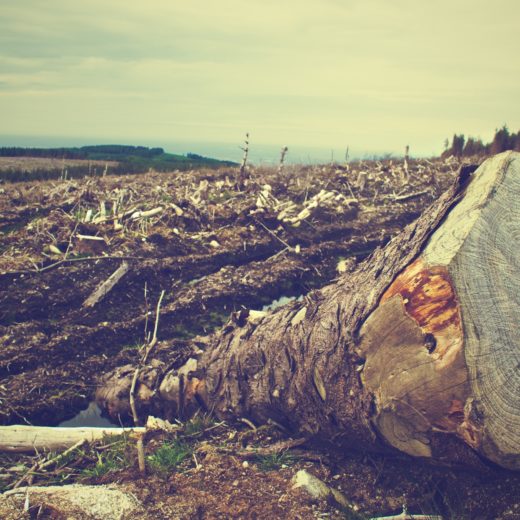
In the latest sign that alternative meat is going mainstream, plant-based meat company Beyond Meat went public last week, in the hottest IPO of 2019. They more than doubled their expected valuation of $1.5 billion to $3.8 billion. Clearly, investors see a good bet. Last year the company reported revenues of $87.9 million, up 170% from $32.6 million in 2017.
It’s becoming increasingly evident that consumers are hungry for non-traditional meat options, and that investors are rushing to meet that demand with these alternative protein products. With livestock serving as a major contributor to greenhouse gas emissions and unhealthy diets contributing to obesity, diabetes and liver issues, consumers want options that can help improve health – both for themselves and the planet.
“The health and environmental benefits of consuming plant-based proteins, vegetables and fruits have been well-documented by scientists around the world, working in a variety of disciplines,” said WildAid Climate Director Jen Leung. “As a result, meat alternatives are gaining popularity worldwide – and that’s a big deal.”
A new study in The Lancet found that poor diet is the leading risk factor for death – beating out smoking. Israel, France, Spain, and Japan were among the countries with the lowest rates of diet-related disease while the U.S – with higher rates of disease – ranked 43rd, and China ranked 140th. Some industry analysts consider the U.S. and parts of Europe to have reached ‘peak meat’ at 110 kg of meat per year.
Meanwhile, an analysis in Science shows that meat and dairy produce 60% of agriculture’s greenhouse gas emissions. The prestigious EAT-Lancet Commission has called on the public to eat less meat, and the United Nation’s Intergovernmental Panel on Climate Change also notes “increasing agreement that overall emissions from food systems could be reduced by targeting the demand for meat and other livestock products.”
“The science is clear; one of the single most effective ways for an individual to reduce their carbon footprint is to eat less meat,” said Leung. “That’s why we’re so excited to see more appealing plant-based alternatives being offered globally. People can now forgo animal products with less of a sense of personal sacrifice.”
After successfully testing the Impossible Whopper in St. Louis, Burger King announced last week that it was taking the plant-based burger nationwide. It is currently sold at more than 5,000 restaurants in the U.S., Hong Kong SAR, and Macau SAR. In fact, interest in Impossible Foods’ plant burger – the manufacturer behind the Impossible Whopper – has been so great, the company reported it’s struggling to keep up.
The alt-meat trend is growing outside the U.S. as well. In Hong Kong SAR, Right Treat offers plant-based Omnipork at the grocery chain Green Common. The company says the vegan superfood looks and tastes just like pork, but without the environmental and health impacts. They are looking to expand across Asia, and have launched Omnipork along with Beyond Meats in Singapore this year.
Europe just held its first “New Food Conference” on vegan protein and clean meat. The event was hosted by ProVeg, a German-based group that works with schools, catering companies, and cities to introduce more plant-based meals to consumers and students. The organization also recently announced a new incubator for vegan startups, providing mentorship and financial support, and is looking to expand its work in Asia, including China.
Meanwhile, biotechnology companies are developing animal cell culture technology to further reduce agriculture’s impact on land, air, and water. On April 15, Co-Founder and Executive Director of The Good Food Institute, Bruce Friedrich, gave a TED Talk about how cell-cultured meats might feed the global population, mitigating both malnutrition and obesity.
It looks like Richard Branson’s prediction could be coming true – that within three decades, we’ll no longer be eating traditional meat at all.
WildAid is committed to increasing awareness about climate change and the impact we as individual consumers can make in reducing GHG emission by choosing more sustainable, low-carbon lifestyles.


Stay in touch and get the latest WildAid updates.
SIGN UP


